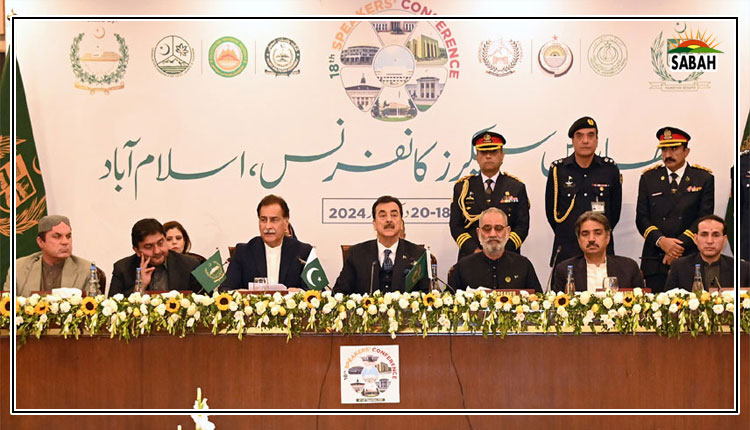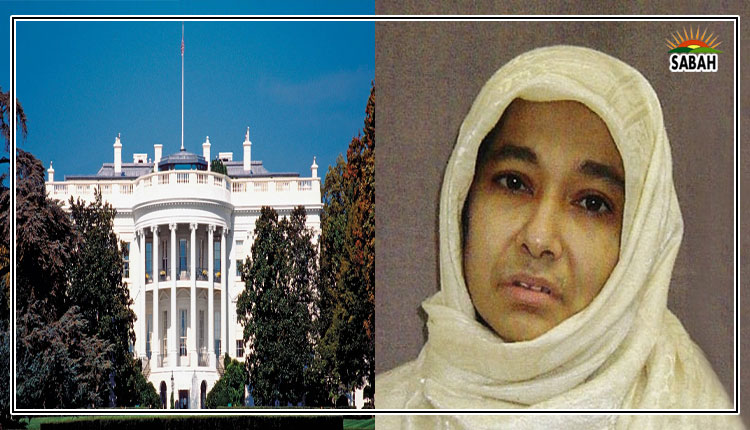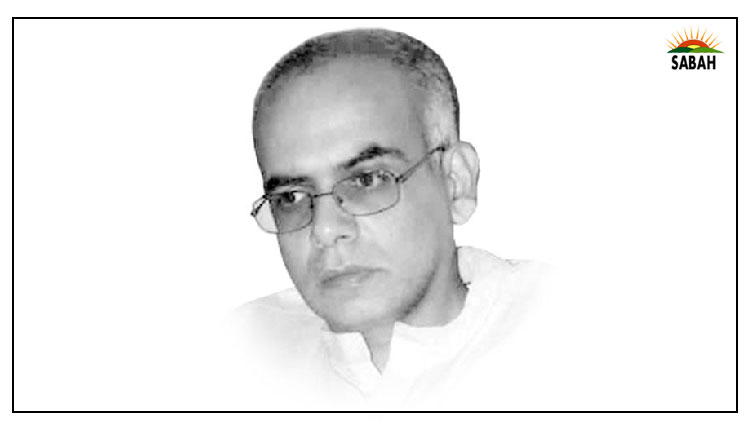Burning down the house By Ammar Habib Khan
A stitch in time saves nine. In the case of our economy, we do not like stitches. We deliberate whether a stitch is even required, or what if we don’t stitch at all, and maybe the problem will magically solve itself.
Economic policy in Pakistan hasn’t evolved in the last three decades. Our policymakers continue to make decisions that are detrimental to the sustenance of the economy. The same decisions that have pushed the country over the edge time and again. The current economic crisis, which started as a balance of payments crisis, could have been easily solved through the right stabilization measures. A perpetual political crisis coupled with the inability to take sound economic decisions catapulted a balance of payments crisis into a potential hyperinflationary episode, resulting in rampant food inflation, historically high interest rates, and a complete breakdown of supply chain.
To maintain the illusion of a strong Pak rupee, the government embarked on administrative controls to manage the price at which the Pak rupee trades against the US dollar. Such administrative measures meant prioritizing energy and food imports, while rationing supply of foreign currency to other industries. As industries were not allowed to import, whether to produce goods for local consumption, or for exports, gradually they depleted existing inventory levels. The inability to import effectively meant that they did not have sufficient raw material to produce goods, and either sell them locally, or export them.
As production of goods came to a halt, layoffs started happening across the board, with many daily wage earners losing jobs in a historically high inflationary environment. As production of goods halted, so did economic output, and collection of taxes, resulting in an economic squeeze, and tax collection that couldn’t even mimic inflation levels. Lower tax collection meant higher budgetary deficits, which meant more borrowing by the government. As the government continues to run its affairs largely on borrowed funds, the equilibrium interest rate also continues to increase.
The administrative controls instead of making things easier, actually made the situation much worse, just to maintain an illusion of a strong Pak rupee. The policymakers prescribing administrative controls probably do not ever consider unintended consequences of their actions. Price controls are a favourite tool of politicized economic managers, a tool that has never yielded a positive outcome ever.
Modern supply chains are complex. Each finished product would require hundreds of inputs. The absence of even a single input can potentially lead to an unfinished product. We may consider the example of a trouser that may be exported by a textile manufacturer in Pakistan. We may have the fabric, yarn, dyes, and everything else that is required, but if a zipper is not available (because it is imported), the trouser remains unfinished, and cannot be exported.
The inability of economic managers to appreciate the complexity of supply chains has led to a total disaster, due to which there is a shortage of many goods in the country, even if they are locally produced. This further pushes inflation as shortages lead to potential increase in prices. This isn’t the impact of some commodity super cycle, this is the consequence of bad decision-making resulting in supply chain breakdowns.
In a modern economy, machines play a critical role. If a machine breaks down, the process of production simply stops. Currently, power plants are going through a severe crisis: not being able to import stores and spares to maintain their power plants. Regular maintenance is critical. If this maintenance is not done, that may result in the shutdown of power plants.
The power plants at Thar Coalfields (which has the lowest fuel cost in the country) are in a desperate need to import stores and spares for regular maintenance. In the absence of this, the power plants may be shut down, resulting in an even greater power deficit. In an already stressed economic environment, a breakdown of critical physical infrastructure will spell a disaster, and push the country over the edge.
There is stress in the supply chain of every single product in the market, whether that is something as basic as wheat, or onions, something intermediate like electricity, or something slightly more advanced as automobiles. The supply chains are broken. Administrative measures being prescribed from the last century do not appreciate how supply chains have evolved over the years. The global, and even local economy is more integrated than ever before. The inability to appreciate the complexity of supply chains eventually results in loss in economic output, shortage of goods, and eventual inflation.
A stitch in time does save nine. But if someone does not even know how to stitch, then maybe they should not be at the helm of affairs in the first place. The economic decision-making during the last six months has been catastrophic at best, and the way things are going, those at the helm are still not able to appreciate the true gravity of the situation.
The era of economic bailouts is over. Inflation cannot be tamed through administrative controls. We can either evolve and learn from our mistakes, or we can rely on the same homogenous crew of advisers, and members of the Islamabad Club to make the same mistakes again, and again, without any accountability or consequence, eventually burning down the house.











